


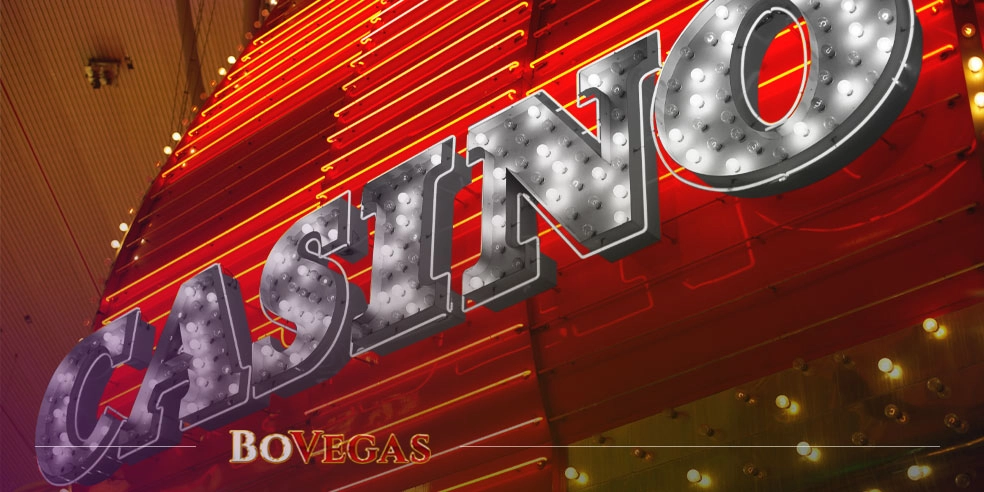
Every year, thousands of people are becoming gambling addicts, while thousands of addicts are already undergoing treatment to get rid of this problem. And even these numbers may be only the tip of the iceberg!
If you understand that something went wrong, and you spend more and more time in a gambling venue, you can look for different methods to stop yourself from visiting the casino. There must be trillions of ways to get banned from a casino; however, we’re going to show you the self-exclusion way of coping with an addiction.
The process of self-exclusion includes voluntary banning from all gambling venues: including casinos, racetracks, off-betting establishments, etc. This means that a compulsive gambler should make a request to be banned, indicating the duration of their ban, which needs to be reviewed and approved by a casino. After that, the player’s name will be included among other relevant names in the exclusion list for all gambling venues.
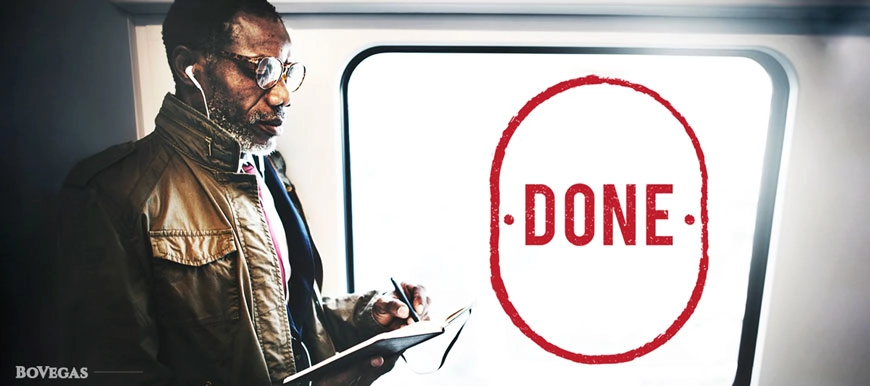
There are three ways of processing a self-exclusion:
While choosing to ban yourself for a certain period of time (a month, a year or a lifetime ban), it cannot be canceled. And if you ever decide to reopen your account, it’s going to be thoroughly checked. And you obviously shouldn’t expect a positive response if you’ve chosen to self-exclude yourself permanently.
However, many experts believe that banning yourself from a casino isn’t enough to heal problem gamblers. The process should be strengthened with visits to a psychotherapist, along with constant self-improvement.
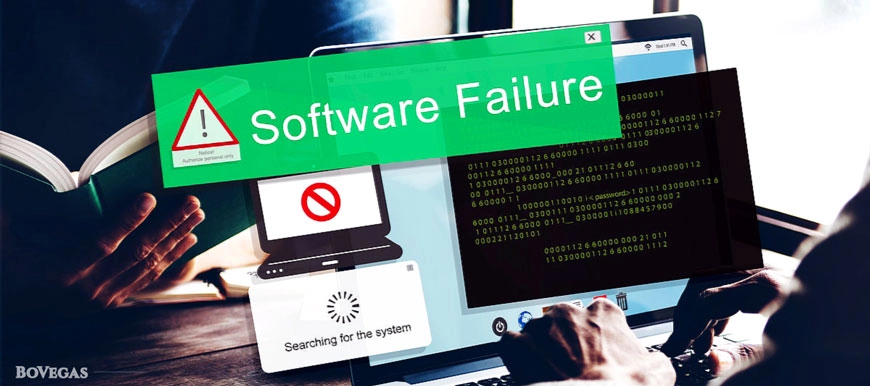
If you successfully cut out land-based casinos from your life, don’t forget about the existence of online venues. Gambling is everywhere, 24/7, 365 days a year. And for problem gamblers, it’s incredibly difficult to give up this toxic circle, especially when new venues are opening every day.
And that’s where gambling-banning software comes to the rescue. It helps people to kick the habit by blocking approximately 40,000 gambling sites and apps from the user’s devices, as well as removing skin betting, e-sports games, cryptocurrencies, and trading websites. Gambling-blocking software doesn’t allow users to choose the content to block, so all gaming facilities are going to be ruled out for problem gamblers.
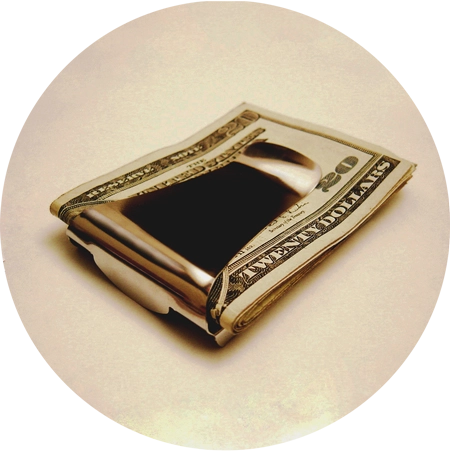 If self-banning from casinos is too much of a radical method for your liking, a more democratic way of treating your gambling addiction is to set yourself some sensible limits.
If self-banning from casinos is too much of a radical method for your liking, a more democratic way of treating your gambling addiction is to set yourself some sensible limits.
So players can set, for instance, a deposit limit, which then restricts the amount of money they can deposit in their accounts over a set period of time. This helps gamblers to manage their bankrolls, thus preventing them from paying out more than wanted in a given period of time.
Another possible restriction that can help you prevent toxic gambling is to set loss limits. This will reduce the amount of money you can lose; so once you reach the limit, the casino will automatically prevent you from gambling beyond it.
Wager limits are based on the actual bets made by a player, independently of the deposits or losses. They are set in conjunction with the time frame, and they’re considered to be the best option for gamblers who want to control their gaming budget.
Even though self-exclusion programs are quite effective, there is nothing preventing a person from seeking alternatives to gambling: for instance, illegal betting.
At least 11% of self-excluded players do try to enter a gambling establishment at some point, so we can only imagine the percentage of gamblers who utilize illegal betting to try and fulfil their desire to hit the jackpot!
Self-banning programs are hard to enforce, which is why it shouldn’t be somehow considered to be the ultimate treatment for gambling addiction.
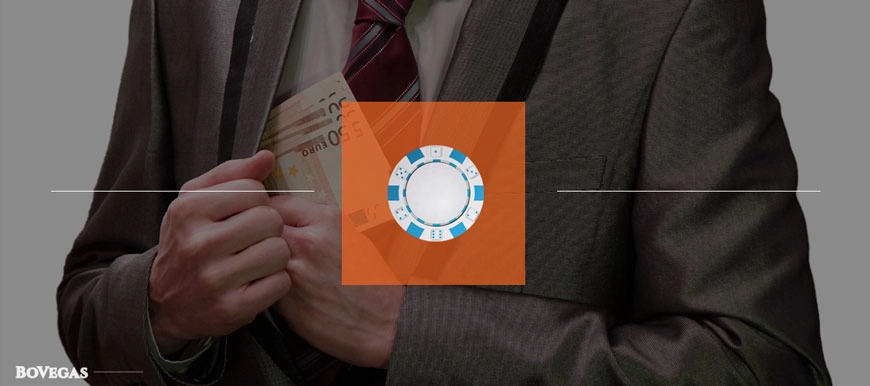
Gambling establishments are just too exciting and entertaining. That’s why, when you’re self-excluding, you should consider these tips to relieve the kind of pressure that risks triggering your gambling problem:
Voluntary self-banning programs are one legislated solution for compulsive gambling, but not the only one. So if they dare join the program, the player must be brave enough not to fall for daily triggers.
However, if you encounter a potential gambling problem, or know someone who does, don’t expect a self-exclusion program to provide instant results. This is all hard work for an addict.
An interesting fact: users of the self-exclusion program live in close proximity to gambling establishments, with easy access to these places. With that said, the players who have negative stimuli around have a tendency to fall more for addictive gambling; therefore, they are more likely to seek assistance.
Self-exclusion programs are 100% based on voluntary participation. This means that the player herself or himself should take the initiative in self-banning.
By now, a lot of research has demonstrated the effectiveness of self-banning programs. As we mentioned above, about 11% of self-exclusion programs break the agreement every year. We should also not forget about those who continue gambling, but illegally. Nevertheless, the sheer willpower shown by the volunteers who have agreed to participate in this recovery is already a small step towards recovery.
No. Once a self-banning agreement has been concluded for a set period of time, the gambling venue must immediately close your account and return all the money in your account. They must also remove your name and details from any database the company uses.

There is practically no one left in the world who doesn’t know about the legendary World of Warcraft. However, there are only a few who know that it is possible to make money by betting on WoW. That’s precisely why we are here: to introduce you to this rare phenomenon, and show you how you […]
Sic bo is a dice game of ancient Chinese origin. Roughly translated, the name of the game means “precious dice.” Unlike craps, another table game that involves dice, sic bo is played with three instead of two dice. Sic bo is rather popular in Asia. It is available in all land-based casinos in Macau, as […]
There’s no doubt that the year 2020 has been a genuine challenge for all of us. The Covid-19 pandemic has led to the creation of some new rules which we’re all obligated to follow, in order to stay healthy, as well as to protect ourselves and our loved ones. Industries all around the world have […]
This article is the answer to the most frequently asked questions that experienced slots players hear from rookies and casino employees — from everyone else! Are online slot games rigged? Can casinos influence the payout percentage of their games? Do the chances of winning depend on something other than bare luck? Which slot machine pays […]
If you love gambling and have been to a land-based casino at least once, you may have thought about becoming a dealer. Playing the same game but from the opposite side, while communicating with other players, sounds like a dream job, right? A dealer is a straightforward job, and you will be the heart and […]
On Monday September 14, MGM announced that it plans to open its first smoke-free casino at the end of September, when Park MGM will finally reopen its venues to players and tourists. The resort comprises around 2,990 rooms and various restaurants, and it’s set to be reopened on September 30. The venue has been closed […]
Online gambling has undoubtedly taken a place of true supremacy over the casino industry during the pandemic. And the reason for that is quite clear: online casinos are more accessible, and you can always count on some encouragement from the casino administration to help you boost your game. However, this digital revolution has only been […]
The large selection of online gambling sites out there can make players somewhat puzzled, and give them a feeling of uncertainty about making the right choice of casino. Each online gambling venue offers its own conditions, games, and various bonuses, of course; but the most important thing is the reliability of the casino and the […]